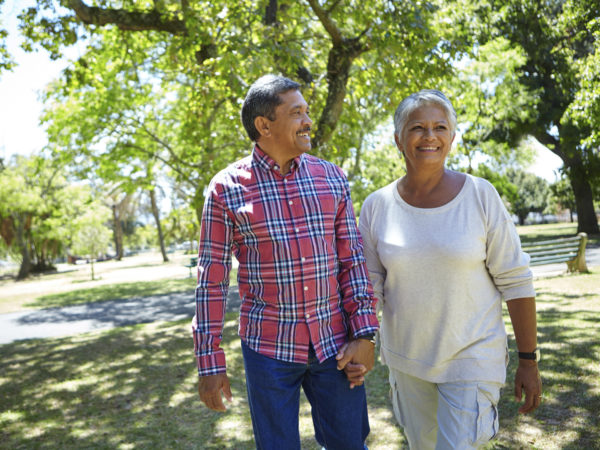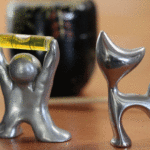How To Boost Your Mood

Just getting up and moving can help cheer you up, especially if you spend most of your time sitting at work and at home. Even light or moderate exercise can do the trick, according to a new study from the University of Connecticut. The study tracked the effects of physical activity among 419 healthy, middle-aged adults for four days. The participants first described their daily exercise habits, psychological well-being, depression level and any pain that might interfere with their daily activities. The researchers reported that the participants who led sedentary lives and engaged in light or moderate physical activity (tracked by accelerometers they all wore) showed the greatest improvement in psychological well-being after the four days. The team described “light” activity as the equivalent of a leisurely walk with no noticeable increase in breathing, heart rate or sweating and “moderate” intensity exercise as equivalent to walking a 15- to 20-minute mile with the ability to carry on a conversation despite an increase in breathing, heart rate, and sweating. The study revealed neutral results for more vigorous activity – there was no positive or negative link between it and subjective well-being. The researchers note that at the outset of the study the participants already possessed a generally positive sense of well-being and were generally physically active and that their responses need to be framed in that context.
My take? These findings don’t surprise me. We’ve long known that in addition to conditioning our bodies, aerobic exercise reliably imparts a sense of strength and well-being, in part by releasing endorphins, the opiate-like molecules in the brain that make us feel euphoria, happiness, and more tolerant of discomfort. As you may know, I’m a big proponent of regular physical activity as a means of addressing mild to moderate depression. For immediate relief there is no better or more natural approach than aerobic exercise. Many studies have demonstrated its efficacy. I recommend 30 minutes of continuous activity, at least five days a week for best results.
Source:
Gregory A Panza et al, “Physical activity intensity and subjective well-being in healthy adults.” Journal of Health Psychology, February 12, 2017; DOI: 10.1177/1359105317691589
Also in this week’s bulletin:
If you are tired of too many prescriptions – and have had enough of taking medications for ailments that may not require them – then my new book may be for you: Mind Over Meds looks at the problem of overmedication, the science that shows drugs aren’t always the best option, as well as helpful, reliable integrative medicine approaches.













